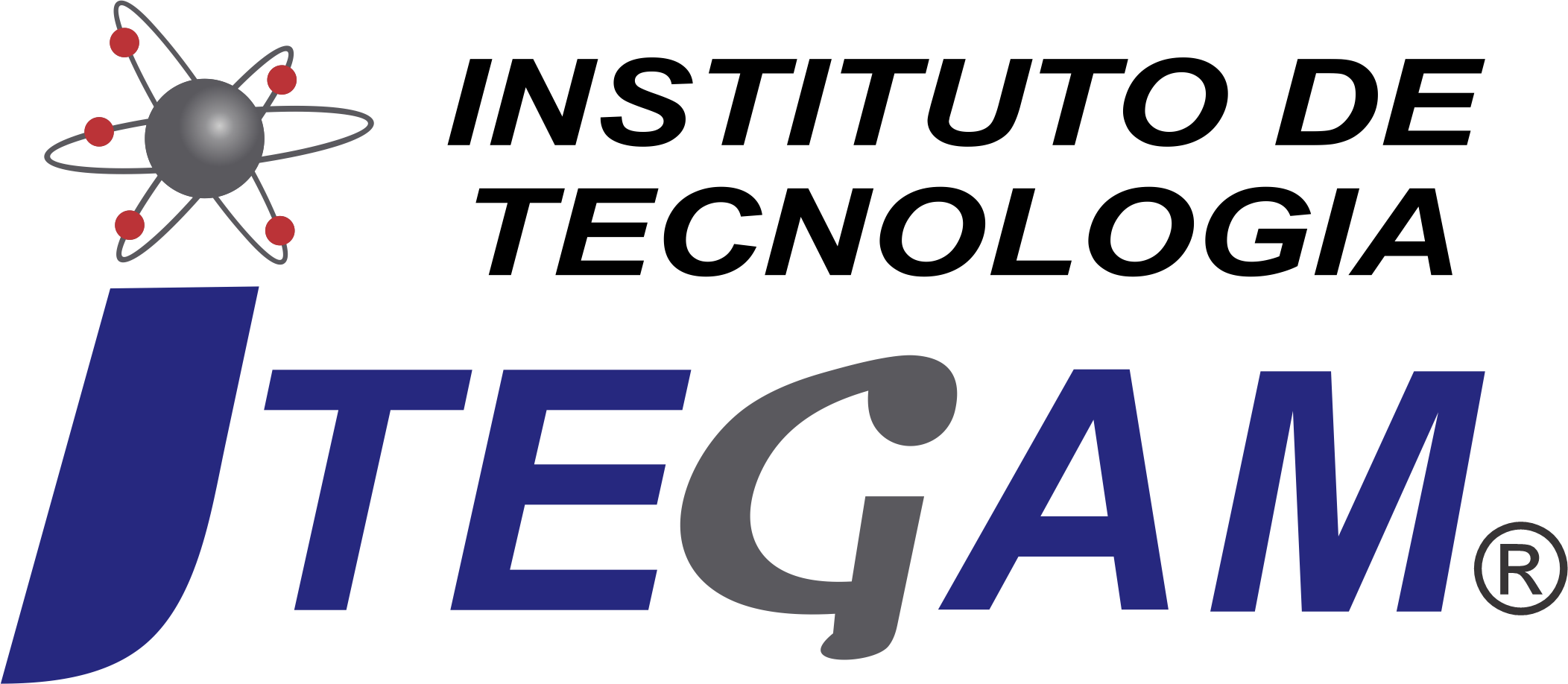
Repositório Institucional Galileo
O RIGalileo é uma plataforma dedicada ao armazenamento, preservação e disseminação do conhecimento científico e acadêmico, alinhada aos princípios da Ciência Aberta. O RIGalileo oferece acesso a coleção de recursos, incluindo livros, trabalhos de conclusão de curso, dissertações, teses, artigos científicos, relatórios e documentos resultantes das atividades de pesquisa e desenvolvimento (P&D) do ITEGAM.
Comunidades no DSpace
Selecione uma comunidade para navegar por suas coleções
- A comunidade se destina a armazenar as políticas e documentação da Biblioteca do Instituto de Tecnologia e Educação Galileo da Amazônia.
- Trabalhos ténico-científico oriundos de convênios com universidades para oferta de turmas de mestrado e doutorados no Estado do Amazonas
- Produção do Programa de Pós-graduação em Engenharia, Gestão de Processos, Sistema e Ambiental (EGPSA)/Instituto de Tecnologia e Educação Galileo da Amazônia (ITEGAM).
Submissões Recentes
Otimização no processo de compras da Prefeitura Municipal de Fonte Boa
(Instituto de Tecnologia e Educação Galileo da Amazônia, 2025) LASMAR, Ederson Gomes; CAMPOS, Paola Souto
The purchasing sector plays a fundamental role in public organizations by ensuring the acquisition of essential inputs to achieve institutional objectives. However, procurement processes often face challenges such as budget constraints, delays in supplier quotations, price distortions, and administrative inefficiencies. This dissertation aimed to analyze the administrative purchasing process of the Municipality of Fonte Boa, conducting a critical diagnosis in terms of quality and productivity, and proposing improvements to enhance efficiency, reduce resource consumption, and minimize inventory accumulation. The research is applied, exploratory, and descriptive, adopting a qualitative approach and a case study method. Quality tools such as process flowcharts, brainstorming, the GUT matrix, and the 5W2H action plan were employed. The results indicate that structuring the process into stages and applying quality management tools facilitate process understanding, identification of critical issues, and continuous improvement, leading to a more effective and transparent procurement system.
Sistema unificado de detecção e mitigação de ataques de Evil Twin em redes Wi-Fi industriais com IoT/IIoT
(Instituto de Tecnologia e Educação Galileo da Amazônia, 2025) SILVA JÚNIOR, Walter Claudino da; NASCIMENTO, Manoel Henrique Rei
The security of Wi-Fi networks in industrial environments has become a critical challenge in the context of digital transformation, especially with the widespread adoption of IoT and IIoT devices. The Evil Twin attack, characterized by fraudulent access points impersonating legitimate networks, poses a serious threat to the confidentiality, integrity, and availability of industrial systems. Traditional protocols such as WPA2-PSK prove insufficient in complex environments, leaving networks vulnerable to data interception and unplanned production downtime. This dissertation proposes a Unified Detection and Mitigation System (UDMS), integrating robust RADIUS-based authentication (IEEE 802.1X), continuous monitoring through the Snort intrusion detection system, and centralized access management via Active Directory. The methodology involved progressive implementation across five experimental scenarios with controlled attack simulations. Results showed a reduction in attack success rate from 87% to less than 10%, maintaining latency below 400 ms and achieving high accuracy with low false positive and false negative rates. The study concludes that the integrated approach outperforms conventional solutions, providing effective and viable protection for industrial Wi-Fi networks.
Desenvolvimento de método para obtenção de trilhas condutivas com grafeno por esfoliação em fase líquida aplicadas à eletrônica impressa na Indústria 4.0
(Instituto de Tecnologia e Educação Galileo da Amazônia, 2025) VALADÃO, Suélem Cabral; LEITE, Jandecy Cabral
This study presents the development and characterization of conductive tracks based on graphene obtained via liquid-phase exfoliation (LPE), applied to printed circuit boards (PCBs) on FR4 substrates. Graphene synthesis was carried out by dispersing graphite flakes in a surfactant-assisted solvent, followed by ultrasonic exfoliation for 30 minutes. The resulting material was characterized using XRD, SEM, and Raman spectroscopy, confirming the presence of multilayer graphene with moderate structural defects. Conductive inks were formulated with different proportions of Jutaicica resin, a natural Amazonian binder, achieving good adhesion to the substrate. Tests indicated average track thickness of ~72 µm and electrical conductivity of 0.75 and 0.91 (Ω.cm)-¹ for inks 1 and 2, respectively. The findings demonstrate the potential of LPE graphene combined with Amazonian biodiversity inputs for the formulation of functional and sustainable conductive inks, aligned with sustainability principles and Industry 4.0.
Desenvolvimento de um sistema de monitoramento inteligente para determinação do ponto ótimo para o abate de animais de produção utilizando visão computacional e inteligência artificia
(Instituto de Tecnologia e Educação Galileo da Amazônia, 2025) FARIAS, Djalma Farias e; NASCIMENTO, Manoel Henrique Reis
Beef cattle production faces challenges in accurately identifying the ideal slaughter time for Nelore cattle, affecting yield and animal welfare. Traditional monitoring methods, such as manual weighing and visual inspection, may compromise meat quality and increase costs. This study developed an intelligent monitoring system using computer vision and artificial intelligence to determine the optimal slaughter moment for Nelore cattle. The system applies deep learning algorithms and video cameras to analyze animals in real time, considering productive and morphological parameters. A cost-benefit analysis was performed based on hardware, software, and operational returns. Results showed increased productivity, improved slaughter precision, and an estimated 268.42% ROI over five years, demonstrating the technical and economic feasibility of AI-based livestock monitoring.
Proposta de implantação da tributação ambiental como ferramenta de incentivo na conservação e desenvolvimento sustentável: um estudo de caso sobre a potencialidade do IPTU Verde na cidade de Manaus
(Instituto de Tecnologia e Educação Galileo da Amazônia, 2025) MONTEIRO, Ciro Allister Reis; LEITE, Jandecy Cabral; Almeida, Luiz Fernando Correia de
This dissertation analyzes the application of environmental taxation as an incentive tool for conservation and sustainable development, based on a case study of Bill No. 248/2013, known as the Green IPTU, in Manaus, Brazil. The study aims to assess the importance of environmental tax benefits—particularly partial tax exemptions—as mechanisms for environmental preservation and maintenance. This qualitative and quantitative research combines bibliographical review, document analysis, and case study methodology. The findings emphasize the relevance of the “polluter pays” principle and sustainable fiscal policies as strategic alternatives to urban environmental degradation, underscoring the importance of local public policies for sustainability and environmental responsibility.
